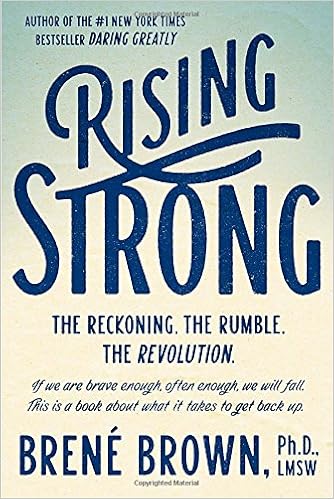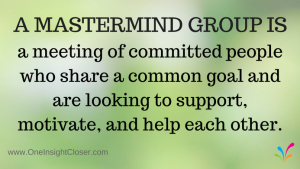 I was driving home and was at a point where two lanes merged into one shortly after an intersection. The cars ahead of me nicely merged together like a zipper, well before the lane ended. I left space to allow the car slightly ahead of me in the other lane to merge into.
I was driving home and was at a point where two lanes merged into one shortly after an intersection. The cars ahead of me nicely merged together like a zipper, well before the lane ended. I left space to allow the car slightly ahead of me in the other lane to merge into.
That’s what you do, right?
Well, he didn’t merge. Instead, he attempted to get two cars ahead by speeding up past the cars ahead of me.
No one let him in. The car directly ahead of me actually sped up to make sure he couldn’t get in. So, he ended up directly in front of me anyway.
I don’t know what was going through the minds of the people ahead of me, but I imagined it was along the lines of “it’s not your turn you have to wait” or “Nope, no way you’re getting ahead of me.”
And I was struck by the fairness of it all. He had to wait his turn, it was only fair.
I laughed when he had to merge in front of me, but maybe not for the reason you think.
I laughed because none of it actually mattered. It wasn’t going to make any difference in how quickly any of us reached our destinations.
In fact, about half a mile later, the car that sped up to block the merge turned onto a side street! It wouldn’t have cost him any time to let someone merge ahead of him.
Why do we get so stressed out about these things?
In the above example, there was a commitment to fairness playing out – you have to wait your turn, that’s what’s fair.
It made me think of where I’m committed to fairness and where other people might be.
But how might a commitment to fairness show up in your business?
- Someone with a similar product/service comes to the networking group that you’ve been attending for a while and everyone is raving about how great their product/service is – but no one has done that for you and you’re annoyed or frustrated. After all, you’ve been there much longer than she has.
- You’re in a group program and you find out one of the other members is getting something you’re not and instead of asking about it, you compare notes with everyone else and stew on it.
- Everyone gets x amount of time to talk about their business at your favorite networking group and you’re really annoyed when someone takes more time, after all, you didn’t get to talk that long.
- Someone just started a business similar to yours and is having more success than you are, but you started first! You should be having that success!
Here’s the thing, being fair isn’t necessarily a bad thing. And fairness is taught to us from a very young age (stand in line and wait your turn).
So, it’s completely natural to find yourself miffed when you perceive something isn’t fair.
But here’s an important question to consider: Does being upset about the unfairness serve you or your business?
In the examples above, the answer is no. Being upset about unfairness only wastes your time and energy.
One of the other things happening in all the above examples is comparison. You compared yourself to them and it led to a feeling of unfairness, a thought that tells you they got something you didn’t and that’s not fair. As a result, there’s an underlying “me vs them” mentality.
What if instead of getting upset about it, you did one or both of these things below?
- Notice what you’re feeling and get curious about where that’s coming from for you.
- Get curious about the other person.
If they’re more successful than you are, get curious about what they’re doing differently.
If someone received an extra or bonus in a program you both participate in, get curious and ask (without judgment of them or you) how/why they received that bonus.
Opportunities to learn and connect are lost when you’re worried about fairness or comparing yourself to others.
Where do you notice yourself worried about fairness or comparing yourself to others? How does it show up for you?
If you’re feeling brave, share in the comments below.
 October’s book review is about “Rising Strong” by Brené Brown.
October’s book review is about “Rising Strong” by Brené Brown.

 I was driving home and was at a point where two lanes merged into one shortly after an intersection. The cars ahead of me nicely merged together like a zipper, well before the lane ended. I left space to allow the car slightly ahead of me in the other lane to merge into.
I was driving home and was at a point where two lanes merged into one shortly after an intersection. The cars ahead of me nicely merged together like a zipper, well before the lane ended. I left space to allow the car slightly ahead of me in the other lane to merge into.
 It’s an innocent case of unintentional jargon speak that I didn’t realize I was doing until last week when someone new to coaching asked what the difference was in a private coaching Facebook group I participate in.
It’s an innocent case of unintentional jargon speak that I didn’t realize I was doing until last week when someone new to coaching asked what the difference was in a private coaching Facebook group I participate in.


 I was talking with an acquaintance and asked “How are you?” and the response was, “Good I guess. I haven’t made any money this month.”
I was talking with an acquaintance and asked “How are you?” and the response was, “Good I guess. I haven’t made any money this month.”